Imagine you walk in a shoe store and the shop assistant immediately starts measuring your head with a tape measure. You’d think she was mad, wouldn’t you? And you’d be right, of course. Sometimes the basics are just self-evident.
If you need shoes, all the information you need is right there at the bottom of your legs. Same with solar power. No reason to start anywhere but right up there on your roof.
And there are 3 questions about your roof that you have to answer right away before we move on to anything more advanced. And you’ll soon see why…

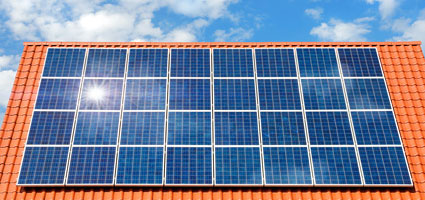


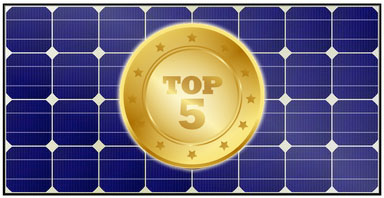
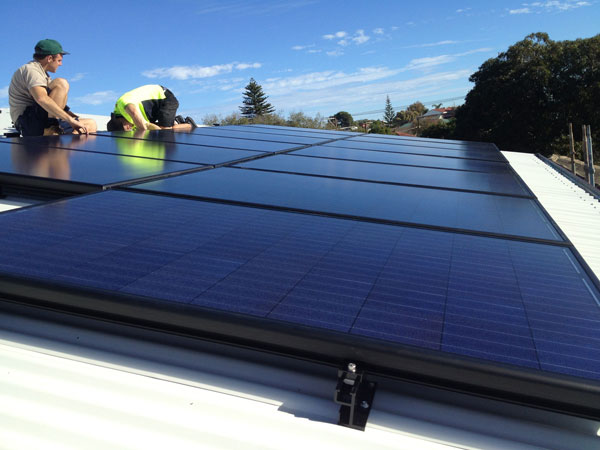
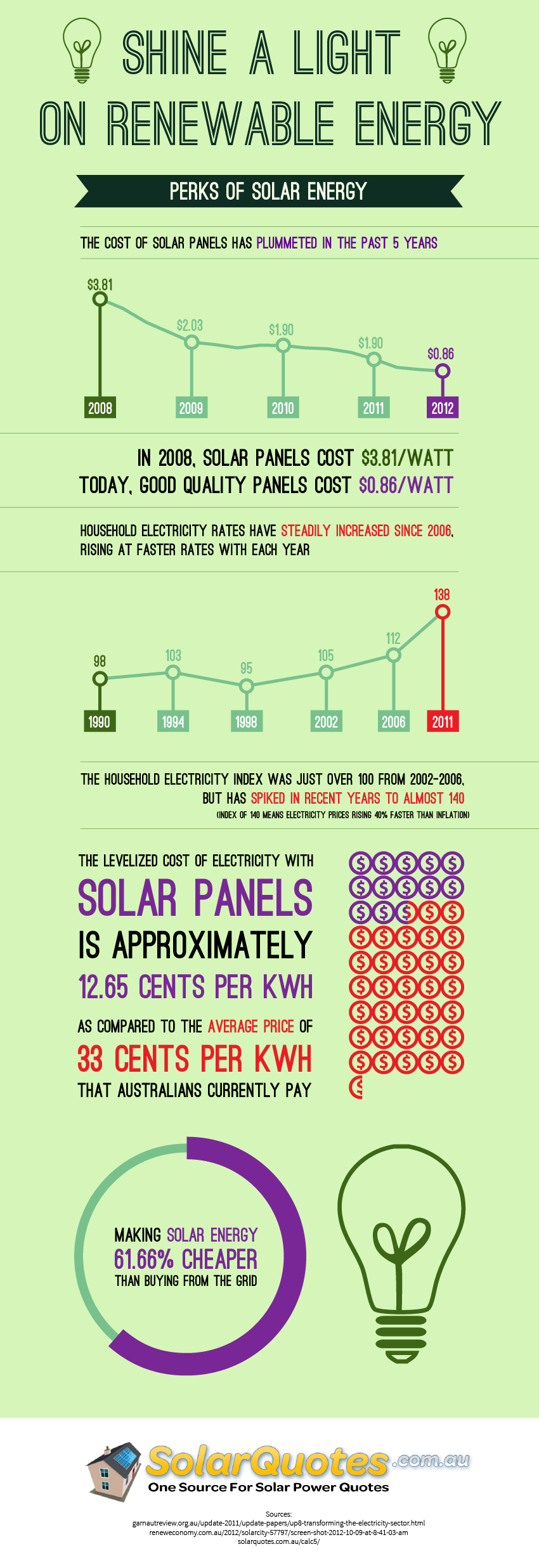
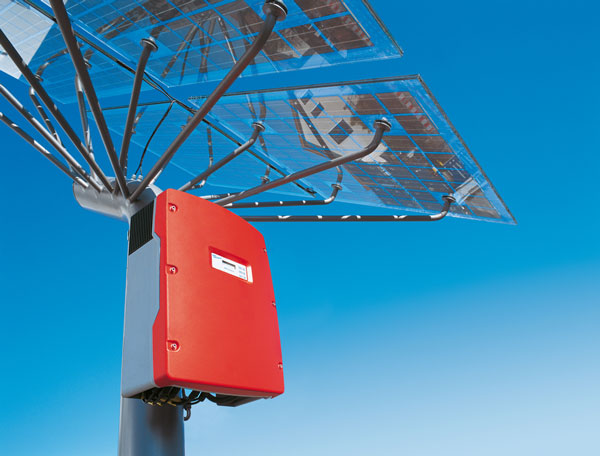
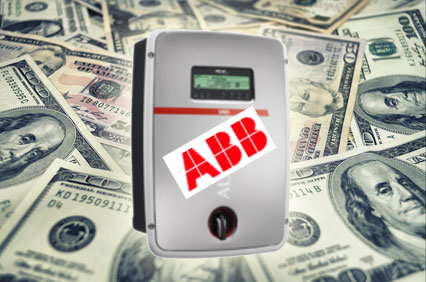
 RSS - Posts
RSS - Posts



Currently Raging Debates: